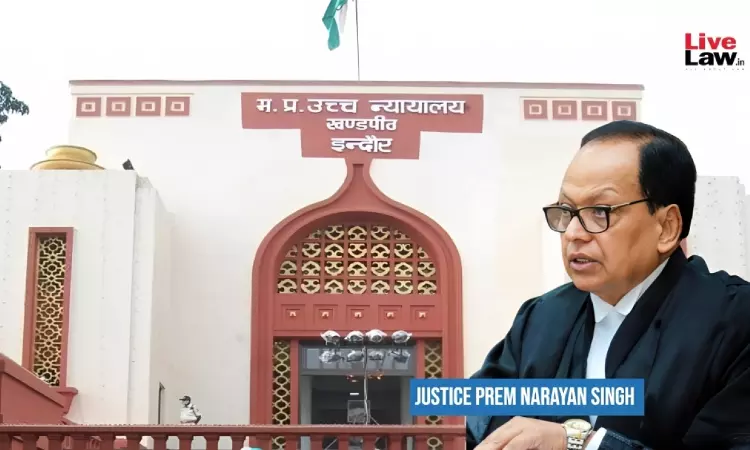Can’t Conduct Narco, Polygraph & Brain Mapping Tests Without Recording Consent Before Magistrate: MP High Court
Sebin James
7 Nov 2023 8:00 AM IST

Next Story
7 Nov 2023 8:00 AM IST
In a case where police officers have been arraigned for looting ancient gold coins worth crores of rupees, Madhya Pradesh High Court has held that Narco-Analysis, Polygraph and Brain Mapping tests can’t be conducted on the accused when they haven’t expressly consented to such tests before the concerned magistrate.The single-judge bench of Justice Prem Narayan Singh also noted that it was...
